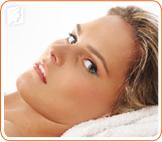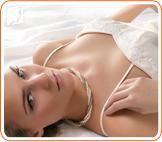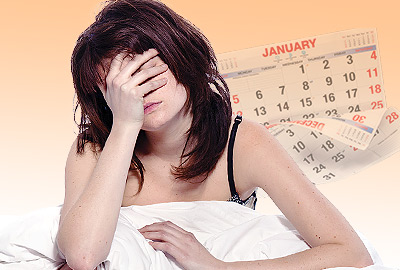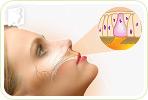Scientifically termed nocturnal hyperhidrosis, night sweats have been identified as a sleep problem. However, night sweats can be related to many different health conditions and can certainly lead to other problems with sleep. In fact, people who suffer from night sweats are more likely to have other sleeping disorders.
What Are Night Sweats?

Night sweats are basically a hot flash in the middle of the night.Night sweats are basically a hot flash in the middle of the night and usually occur while a person is sleeping. Someone who suffers from night sweats may often awake suddenly feeling cold and clammy. The bed linen and clothes may be damp from sweat. These episodes are not necessarily the result of a hot environment but may have an underlying cause. Some people suffer from night sweats for no apparent reason and opt for an operation to remove sweat glands to seek relief. From hormonal imbalance to human immunodeficiency virus (HIV), the causes of night sweats must be addressed at the root to avoid developing sleep disorders.
What Is the Connection Between Night Sweats and Insomnia?

Woman who has night sweats could develop insomnia and others sleep disorders.It is not uncommon for people with night sweats to develop insomnia. People who wake up drenched with sweat and feeling cold have trouble getting back to sleep. Some people even develop a fear falling asleep, because they do not want to be awakened by another night sweat.
What Is the Connection Between Night Sweats and Sleep Apnea?
Sleep apnea is a disorder in which people take shallow breaths or stop breathing momentarily while sleeping. The most common cause of sleep apnea is a collapsed or blocked airway. Symptoms of the disorder include choking or gasping for air, headaches, fatigue, and perspiration.
What Can I Do to Control My Night Sweats?

Sleeping in light-weight, natural fibers could control your night sweats.If night sweats are the byproduct of some other disorder, the disorder must be diagnosed and treated. Otherwise, there are certain precautions a person can take. For instance:
- Sleep in light-weight, natural fibers
- Keep water on the night stand
- Open a window
- Sleep alone
More Information about Night Sweats and Sleep Disorders
While night sweats are not necessarily harmful condition, they can be indicative of a more serious illness. Additionally, they can lead to many other health concerns. If suffering from severe and persistent night sweats, consult a doctor. It is best that night sweats are properly diagnosed and treated with professional care. Self diagnosis and treatment are strongly discouraged.
Sources
- The National Institute of Health.(n.d). "Signs of the Menopausal Transition".Retrieved from www.nih.gov
- Boston Women's Health Collective.(n.d). "Hot Flashes, Night Sweats and Sleep Disturbances". Our Bodies, Ourselves, 2006.
- Von Muhlen, DG, et al. "A community-based study of menopause symptoms and estrogen replacement in older women". Maturitas. Sept 1995; 22(2):71-8.


